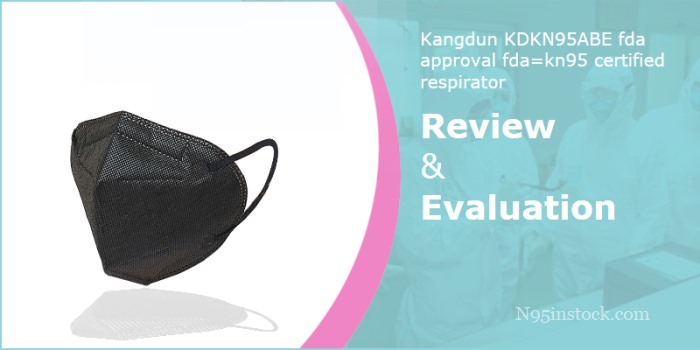NIOSH N95 medical face masks provide the ultimate in protection from airborne contaminants, including harmful bacteria and viruses, mold spores, and toxic chemicals. While many people have seen these face masks at their local doctor’s office or hospital, they may not be aware of the benefits of wearing one every day and during times of high risk to exposure. With this information, you can be confident that you’re doing all you can to protect yourself and your family from dangerous contaminants like anthrax, whooping cough, and tuberculosis.
What is an N95 medical face mask?
An N95 medical face mask is a personal protective device that filters out airborne particles. These masks are designed to protect the wearer from exposure to harmful airborne particles, including bacteria and viruses. NIOSH-certified N95 masks are available for purchase online and in stores.
Types of diseases and how they are transmitted
airborne, contact, droplet, foodborne, vectorborne. Airborne diseases are caused by germs that are spread through the air. Contact diseases are caused by germs that spread through direct contact with another person or object. Droplet diseases are caused by germs that spread through droplets from a sneeze or cough. Foodborne diseases are caused by germs that spread through contaminated food or water. Vectorborne diseases are caused by germs that spread through insects or animals.
How to tell if you have a respiratory infection
Respiratory infections are serious business. If you think you might have one, it’s important to see a doctor right away. In the meantime, wearing a NIOSH N95 medical face mask can help protect you from spreading the infection to others. Here’s how to tell if you have a respiratory infection:

Do you have a fever?
Are you coughing up green or yellow mucus?
Do you have chills?
Do you feel short of breath?
Is your chest tight or painful?
Do you have a headache?
If you answered yes to any of these questions, it’s time to see a doctor.
When should I wear one?
Ideally, you should wear a medical face mask any time you are around people who are sick or could be sick. This includes times when you are caring for someone who is sick, as well as when you are cleaning up after someone who is sick. You should also wear one if you are sick yourself.
Which type should I get?
A lot of people are confused about which type of face mask to get. With the outbreak of the coronavirus, there has been a surge in demand for face masks. The most important thing to remember is that not all face masks are created equal. The gold standard for face masks is the NIOSH N95 medical face mask. This mask is designed to filter out at least 95% of airborne particles, making it one of the most effective ways to protect yourself from the spread of the virus.
When should I replace my face mask?
A NIOSH N95 medical face mask is an essential piece of personal protective equipment for healthcare workers and others who are exposed to hazardous fluids. Wearing a NIOSH N95 mask protects against airborne diseases and can prevent the spread of potentially deadly viruses. In addition, wearing a NIOSH N95 mask can help protect you from exposure to harmful chemicals and dust. If you work in a healthcare setting or are otherwise exposed to hazardous fluids, make sure to wear a NIOSH N95 medical face mask.
Conclusion (Conclusion Paragraph?)
Wearing a NIOSH N95 medical face mask can literally be the difference between life and death. If you are in an environment where there is a lot of airborne particles, such as construction sites or hospitals, wearing a mask can protect you from breathing in harmful particles that can cause serious health problems. In addition, if you are around someone who is sick, wearing a mask can help prevent you from becoming sick yourself. So, next time you are in an environment where there is potential for exposure to harmful particles, make sure to wear a NIOSH N95 medical face mask to protect yourself and others.
Provide over 100+ types of N95 or KN95 masks, to see photos, videos, comparing, review and prices (
)

